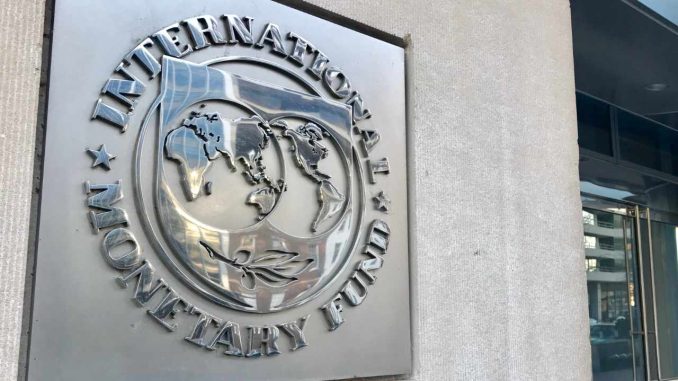
The executive board of the International Monetary Fund (IMF) has provided guidance for member countries to develop effective crypto policies. The board stressed the need to develop comprehensive crypto regulations to “better mitigate the risks posed by crypto assets while also harnessing the potential benefits of the technological innovation.”
IMF Executive Board Provides Guidance on Crypto Regulation
The International Monetary Fund (IMF) announced on Thursday the outcome of a discussion held by its executive board directors on a paper titled “Elements of Effective Policies for Crypto Assets.”
Noting that the paper sets forth a regulatory framework that “can help members develop a comprehensive, consistent, and coordinated policy response” to crypto assets, the IMF emphasized:
By adopting the framework, policymakers can better mitigate the risks posed by crypto assets while also harnessing the potential benefits of the technological innovation associated with it.
The first element of the framework described by the IMF is to “safeguard monetary sovereignty and stability by strengthening monetary policy frameworks and do not grant crypto assets official currency or legal tender status.”
Other elements include guarding against “excessive capital flow volatility,” adopting “unambiguous tax treatment of crypto assets,” and enforcing “prudential, conduct, and oversight requirements to all crypto market actors.” The framework also establishes “a joint monitoring framework across different domestic agencies and authorities” and “international collaborative arrangements to enhance supervision and enforcement of crypto asset regulations,” the IMF detailed.
The executive board directors “generally observed that while the supposed potential benefits from crypto assets have yet to materialize, significant risks have emerged,” the IMF continued, adding:
Directors generally agreed that crypto assets should not be granted official currency or legal tender status in order to safeguard monetary sovereignty and stability.
Moreover, “crypto assets have implications for policies that lie at the core of the Fund’s mandate,” particularly their widespread adoption “could undermine the effectiveness of monetary policy, circumvent capital flow management measures, and exacerbate fiscal risks,” the directors warned.
The IMF further conveyed that its executive board directors “broadly agreed on the need to develop and apply comprehensive regulations, including prudential and conduct regulation to crypto assets, and effective implementation of the FATF [Financial Action Task Force] standards.” The directors also stated that the IMF “should work closely to support the regulatory work under the leadership and guidance of standard-setting bodies.”
While a few directors thought that outright cryptocurrency bans should not be ruled out, the IMF pointed out:
Directors agreed that strict bans are not the first-best option, but that targeted restrictions could apply, depending on domestic policy objectives and where authorities face capacity constraints.
Emphasizing the importance of promoting the principle of “same activity, same risk, same regulation,” the directors stressed that “Strong coordination between authorities, both at the domestic and international levels, is critical for consistent implementation and avoiding regulatory arbitrage.” They concluded that the IMF “could serve as a thought leader in further analytical work on rapidly evolving developments in crypto assets.”
What do you think about the IMF executive board’s guidance for developing crypto policies? Let us know in the comments section below.
Image Credits: Shutterstock, Pixabay, Wiki Commons
Disclaimer: This article is for informational purposes only. It is not a direct offer or solicitation of an offer to buy or sell, or a recommendation or endorsement of any products, services, or companies. Bitcoin.com does not provide investment, tax, legal, or accounting advice. Neither the company nor the author is responsible, directly or indirectly, for any damage or loss caused or alleged to be caused by or in connection with the use of or reliance on any content, goods or services mentioned in this article.






Be the first to comment